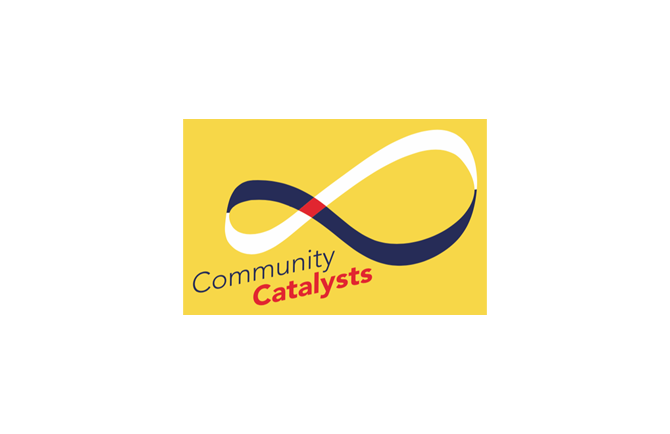CCECR: Community Catalysts for Civic Engagement and Community Resilience
CCECR: Catalysts for Civic Engagement and Community Resilience (2022-2024)
CCECR: Catalysts for Civic Engagement and Community Resilience (2022-2024)
“Community resilience is the capability to anticipate risk, limit impact, and bounce back rapidly through survival, adaptability, evolution, and growth in the face of turbulent change.” (quoted from Community & Regional Resilience Institute. (2013). Definitions of Community Resilience. An analysis).
The conventional understanding of resilience tends to be focused on adaptation to external shocks and the capacity to bounce back to the previous state of affairs considered to be the normal or further desirable one. This is “status-quo resilience”. However, there are also changes that are irreversible, at least for very long periods of time, as with climate change. In the context of the Regenerative Development paradigm, the focus shifts to an ever ongoing co-evolution that generates increasing levels of viability and vitality while substantial changes are occurring. The notion of a “non-normal” resilience, called Transformative Resilience, a capacity of bouncing forward rather than backward, is closer to a regenerative approach:
“Transformative Resilience is the capacity to shift to a new system capable of absorbing … more disruption. This is a new level … which becomes possible when human communities re-inhabit their specific localities with a new sensitivity to the unique ecological conditions (opportunities and limits) of place. Transformative resilience is about intelligent, humble, and scale-sensitive co-creation between human communities and the wider ecological communities they inhabit.” (quoted from Anthony Hodgson (2010). Transformative resilience: A response to the adaptive imperative).
To develop Transformative Resilience in place-based communities, it is of crucial importance to increase the complexity of the system with regard to the diversity of its components and their levels of connectivity with each other. As far as the human, socio-political part is concerned, increasing Civic Engagement is paramount. Through Civic Engagement citizens, organisations and institutions take joint action to tackle issues of public concern. Transformative Resilience requires a more continuous engagement than participating in elections every couple of years. Civic Engagement hence contributes to establishing or reinvigorating a more participatory democracy.
The partners of this project cover expertise on resilience in both rural and urban settings. We share the concern that cities are receiving most of the resources related to climate adaptation and resilience building, despite the observation that the adoption of new approaches by rural territories can be faster as less people are involved than in urban territories, and also rural residents feel vital pressures often more immediately. We believe that engaged rural territories can become pillars for systemic change also in cities, helping them to reduce their overpopulation, providing them both energy and healthy food, and also prototyping social, economic and ecological innovation at a low cost. If rural and urban communities cooperate on resilience building through their complementary strengths, entire (bio)regions can be regenerated and increase their resilience to climate change, migration, broken supply chains etc.
PHASE 1: Toolkit, Guidelines and Curriculum
We will keep adding more practices and developing further tools to catalyse local communities. The focus will be on how to stimulate and make use of Civic Engagement for enhancing Community Resilience.
PHASE 2: Pilot training
We will develop a training aimed at sharing project results and offering opportunities for learning to the wider public, while testing and updating the tools, including more Catalyst voices in the process.
PHASE 3: Platform development and Multiplier Events
The Community Catalyst platform will be expanded and improved through the CCERC project, by increasing its content, incorporating user feedback and making it more useful and interactive. Local Multiplier Events will be organised in the locations involved in the project. We will also organise an international conference in Brussels, with the aim of sharing the Community Catalyst project with multipliers and policy makers.

